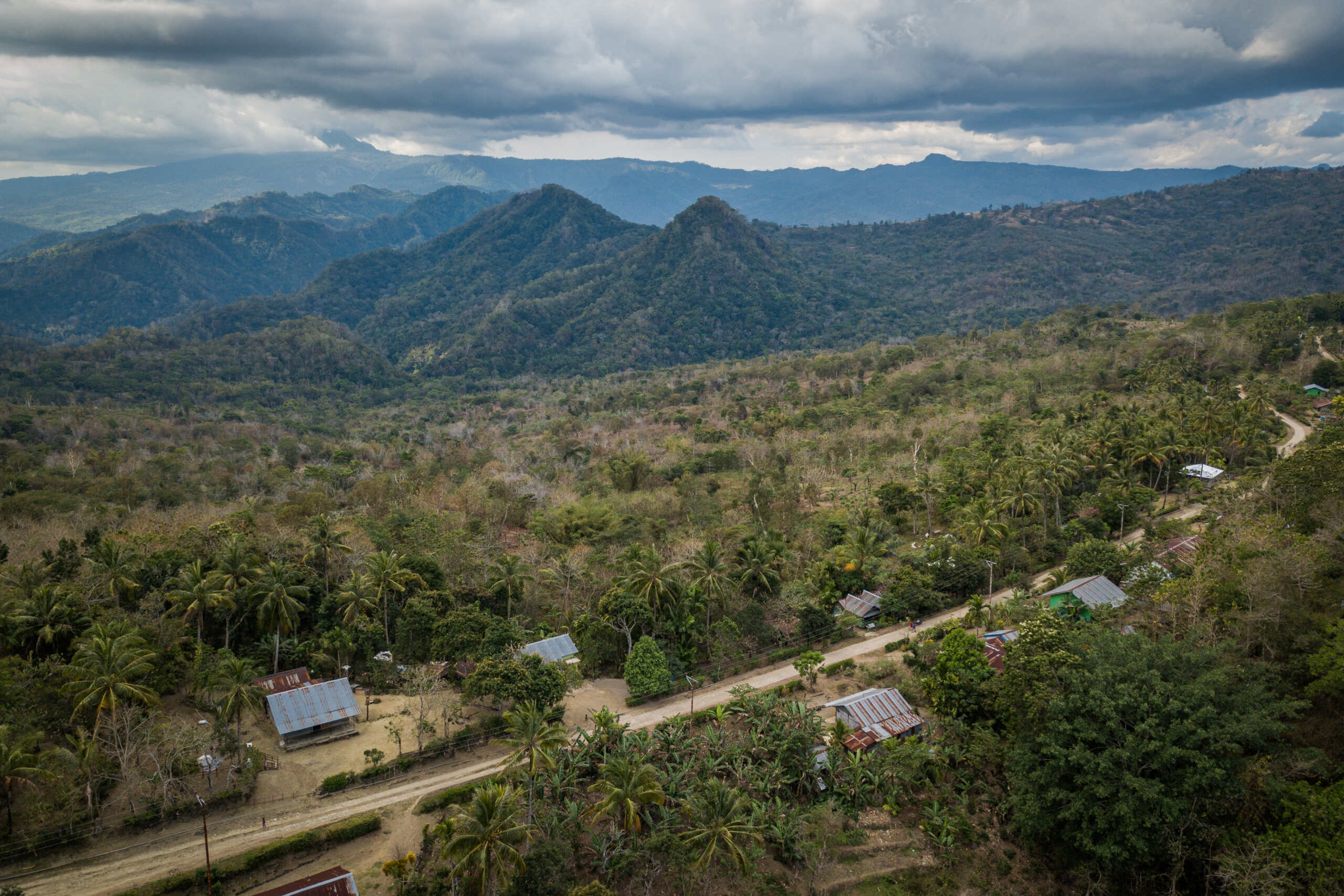Strengthening communities for improved mental health
Mental-health, Stories | October 9, 2025
In the Philippines, people with psychosocial disabilities – particularly in rural and underserved areas – face significant barriers to mental health care. A severe shortage of mental health professionals, limited public awareness, and entrenched stigma contribute to widespread exclusion from essential services and community life. In municipalities such as Pilar, Juban, and Zumarraga, individuals with mental health conditions often struggle to access medication, receive little support from local health systems, and are frequently left out of decision-making processes. Caregivers, too, lack the training and confidence to provide effective support, further compounding the challenges.
To address these gaps, the Enhancing Capacities for an Inclusive Community-Managed Mental Health Care project – implemented by Balik Kalipay Center for Psychosocial Response (BKC) with support from CBM Australia – is helping drive long-term, community-driven change. Through inclusive, context-sensitive training, designed and delivered in consultation with people with mental health conditions, caregivers and community stakeholders, the project has established mental health core groups in target municipalities. These groups are now actively mainstreaming mental health across local government agencies.
Watch CBM Australia CEO Jane Edge speaking with Rose, President of Balik Kalipay Center (BKC).
People with disabilities are involved in workshops and planning sessions. They are advocating for the rights of people with psychosocial disabilities and playing an active role in shaping local mental health initiatives.
“Before, we didn’t know how to speak up about mental health. Now, we are part of the conversation and can help others in our community find the support they need.” – Organisation of People with Disabilities (OPD) member.
A standout innovation of the project is the Purple Bench and Kumusta Ka (how are you?) Campaign, a youth-led initiative piloted in schools across Pilar, Juban, and Zumarraga. Designed to reduce stigma and promote help-seeking, each school established a Purple Bench – a designated safe space for informal “kumustahan” (check-ins) with trained facilitators, including teachers and guidance staff. These spaces foster trust, encourage open dialogue on sensitive issues such as family conflict, abuse, and suicidal ideation, and promote early intervention.
What distinguishes this model is its integration into school environments and its emphasis on peer connection and emotional safety. By creating a visible and approachable space, the initiative has normalised conversations around mental health and wellbeing and moved beyond traditional mental health interventions. By training school staff as facilitators and engaging youth advocates, the initiative has also strengthened student-teacher relationships and inspired youth advocates to pursue further training in peer support.
It is showing positive results. Schools have reported increased openness among students and a strong desire to sustain and expand the initiative, with interest in replication growing across the region. This highlights the potential for youth led, school based mental health innovations to be scaled and adapted for broader psychosocial wellbeing in educational settings.
Beyond the school-based initiative, the project has supported the formation of peer support groups for people with mental health conditions and their caregivers. These groups have been transformative, fostering confidence, communication skills, and mutual support networks. Participants report improved family relationships and a renewed sense of inclusion and purpose.
The project has also prioritised policy advocacy, contributing to the drafting of a municipal mental health ordinance and embedding mental health into disaster risk reduction and health planning systems. These efforts have led to budget allocations for mental health and improved psychosocial support and referral systems. Mental health core groups have clear roles and responsibilities, which has enabled faster and better coordinated responses and prevention.
Overall, the project has significantly improved access to mental health services, reduced stigma, and empowered individuals with lived experience of mental health conditions to participate in community life. Families report stronger relationships, and many individuals now feel confident to seek help and support others. By championing inclusive governance and amplifying the voices of OPD’s, the project has laid the foundation for lasting, systemic change.
While challenges remain – particularly the shortage of specialised mental health professionals, which limits access to medical certification required to access disability identification cards and social services – the project plays a critical role in building a fully inclusive system where people with psychosocial disabilities can access the support they need, participate equally, and live with dignity and autonomy.
CBM Australia acknowledges the support of the Australian Government through the Australian NGO Cooperation Program (ANCP).
https://www.cbm.org.au/stories/strengthening-communities-for-improved-mental-health
Related Stories

Week 3 – Lent series 2026
This week, we’re reflecting with our colleague Christian, Supporter Relationship Specialist at CBM Australia, who turns to John 13:34–35 (NIV): “A new command I give...

Week 2 – Lent series 2026
As we continue our Lent journey, we’re grateful to share a heartfelt reflection from CBM Australia’s Head of Program Impact Operations, Kieran Cummins, who...

Building inclusive, climate resilient communities in Bangladesh
Highlights from DFAT Post’s visit In January 2026, representatives from the Australian High Commission in...
